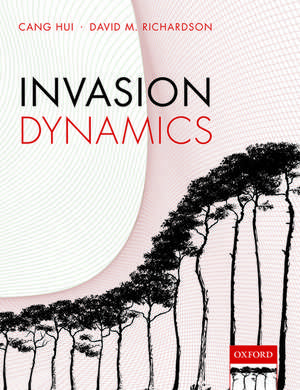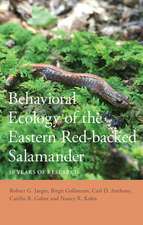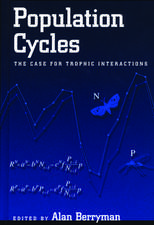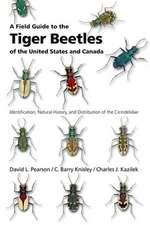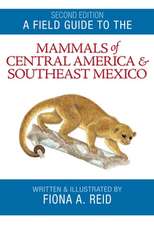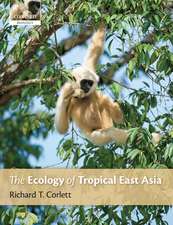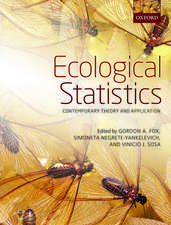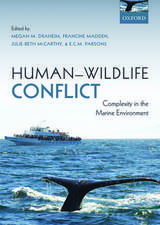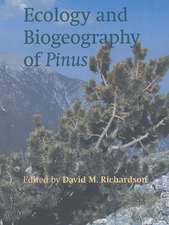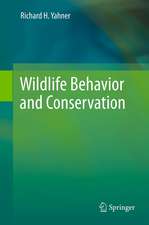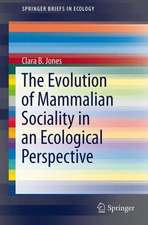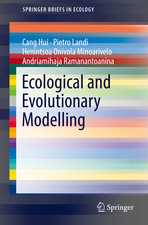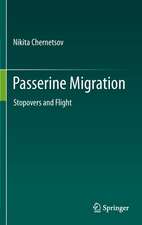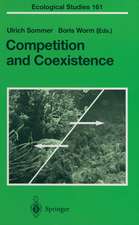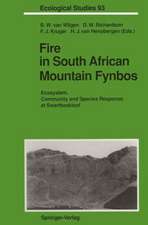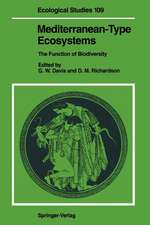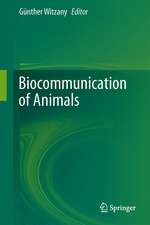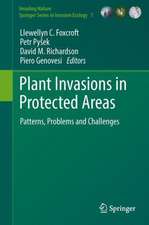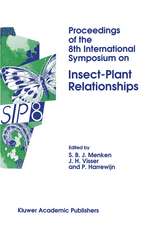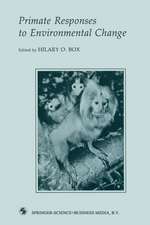Invasion Dynamics
Autor Cang Hui, David M. Richardsonen Limba Engleză Paperback – 26 ian 2017
| Toate formatele și edițiile | Preț | Express |
|---|---|---|
| Paperback (1) | 369.34 lei 32-37 zile | |
| OUP OXFORD – 26 ian 2017 | 369.34 lei 32-37 zile | |
| Hardback (1) | 678.49 lei 11-16 zile | |
| OUP OXFORD – 19 ian 2017 | 678.49 lei 11-16 zile |
Preț: 369.34 lei
Preț vechi: 450.18 lei
-18% Nou
Puncte Express: 554
Preț estimativ în valută:
70.67€ • 73.64$ • 58.52£
70.67€ • 73.64$ • 58.52£
Carte tipărită la comandă
Livrare economică 24-29 martie
Preluare comenzi: 021 569.72.76
Specificații
ISBN-13: 9780198745341
ISBN-10: 0198745346
Pagini: 336
Dimensiuni: 195 x 247 x 17 mm
Greutate: 0.74 kg
Editura: OUP OXFORD
Colecția OUP Oxford
Locul publicării:Oxford, United Kingdom
ISBN-10: 0198745346
Pagini: 336
Dimensiuni: 195 x 247 x 17 mm
Greutate: 0.74 kg
Editura: OUP OXFORD
Colecția OUP Oxford
Locul publicării:Oxford, United Kingdom
Recenzii
The new volume by Hui and Richardson represents a clear summary of the scientific advances that have been made over the past few decades and, importantly, sets forth a new and bold agenda for the field for the coming years.
After reading this impressive and timely book...this is really the current, definitive book on biological invasions. It is thorough, authoritative, and concise in covering a spectrum of highly relevant topics, and moreover, it is well written and well edited...It ought to be required reading for anyone interested broadly in the field of biological invasions.
After reading this impressive and timely book...this is really the current, definitive book on biological invasions. It is thorough, authoritative, and concise in covering a spectrum of highly relevant topics, and moreover, it is well written and well edited...It ought to be required reading for anyone interested broadly in the field of biological invasions.
Notă biografică
Cang Hui is a Professor of Mathematical Biology and the South African Research Chair in Mathematical and Theoretical Physical Biosciences based at Stellenbosch University and the African Institute for Mathematical Sciences in South Africa. His research focuses on developing models and theories for explaining emerging patterns of biodiversity, networks, and traits in ecology and evolution. Biological invasions provide a modelsystem for his research. Hui has published more than 100 papers and received the Elsevier Young Scientist Award in 2011. He is a member of the DST-NRF Centre of Excellence for Invasion Biology and is on the editorial board of several journals, including Biological Invasions, BMC Ecology, Ecological Complexity, and Frontiers in Ecology and Evolution.David M. Richardson is Distinguished Professor of Ecology and the Director of the DST-NRF Centre of Excellence for Invasion Biology, based at Stellenbosch University, South Africa. His research focuses mainly on plant invasions, especially trees and shrubs. He is interested in the biogeography, ecology and management of invasions and in conservation biogeography in general. Richardson has published more than 350 papers, edited or co-edited 6 books and has received several awards, including the Hans Sigrist Prize in 2006 and the 2013 John F.W. Herschel Medal from the Royal Society of South Africa. He served as Editor-in-Chief of the journal Diversity and Distributions between 1998 and 2015 and is Associate Editor of several other journals, including Biological Invasions and Neobiota.
